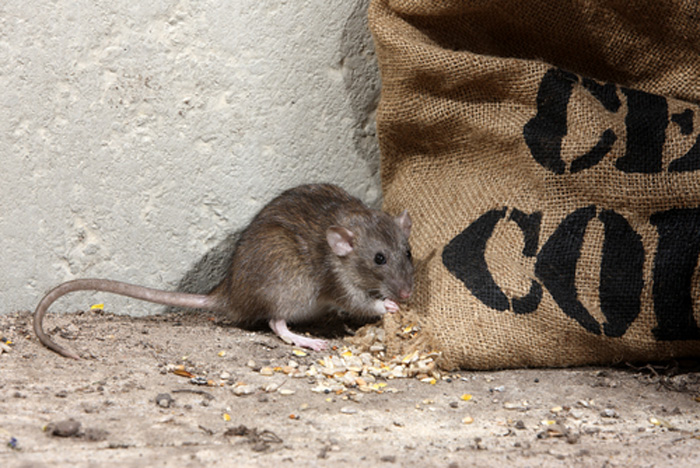The growth of industrial areas comes with its own set of challenges, not the least of which is pest control. Implementing robust industrial pest control solutions is essential for maintaining health, safety, and efficiency. Industries ranging from food processing to storage facilities must prioritize pest control to prevent infestations that can lead to economic loss and health hazards.

The Importance of Effective Pest Control
Without proper measures, pests can quickly become a threat. Manufacturing plants, warehouses, and other industrial facilities need to ensure they are adequately protected. By utilizing advanced pest control solutions, these industries can safeguard against damage and contamination.
Common Industrial Pests and Their Dangers
Rodents, insects, and birds are the usual suspects when it comes to industrial pest issues. Rodents can gnaw through wiring causing fires; insects can contaminate products, leading to health risks, and birds can create unsanitary conditions. Each of these pests represents a unique set of challenges that demand specialized strategies for effective management. For instance, strategic placement of next-gen mouse traps has been effective in controlling rodent populations significantly.
Modern Strategies for Pest Control
Integrating technology in pest control solutions is more than just a trend; it's a necessity. Automated alert systems allow for prompt action against any detected pests. Additionally, smart traps and sensors are becoming more common in facilities.
For a detailed view on automated systems, Deskera's perspective highlights how technology can play a pivotal role in maintaining pest-free environments.
Pest Prevention Measures
Effective pest prevention involves identifying potential entry points and eliminating them. Regular inspections, sealing cracks, and maintaining cleanliness can significantly reduce pest incidences. An interesting read on Smart Rodent Defense showcases the pivotal role of regimented inspection routines.
Sanitation and waste management also play crucial roles in pest control. Ensure that facility waste is managed adequately to deter pests. Further, Environmental Protection Agency-recommended chemical treatments can be part of your general strategy without over-reliance.
Hiring Professional Pest Control Services
In many situations, hiring professionals specialized in industrial pest control solutions is advisable. These experts have the skills and tools necessary to effectively assess and handle complex pest situations. They can provide tailored solutions, considering the specific needs of different facilities.
Conclusion: A Proactive Approach to Pest Control
The key to successful pest control lies in a proactive approach. This means combining prevention strategies, regular monitoring, and timely response to keep industrial environments safe and pest-free. Industries should invest in training their staff and incorporating advanced technology to reinforce these efforts.
To explore detailed industrial pest control methods, consider reading on iGPS's developed strategies that address common warehouse pest challenges.

FAQ Section
-
What industries benefit most from industrial pest control solutions?
Industries in food processing, manufacturing, warehousing, and healthcare typically see the most benefit. -
Can DIY solutions be effective in industrial settings?
While some DIY measures can be helpful, professional solutions are often more thorough and effective for industrial settings. -
How can technology aid in pest control?
Technology can aid through automated monitoring, smart traps, and data analysis tools that help in early detection and prevention.
This article contains affiliate links. We may earn a commission at no extra cost to you.
